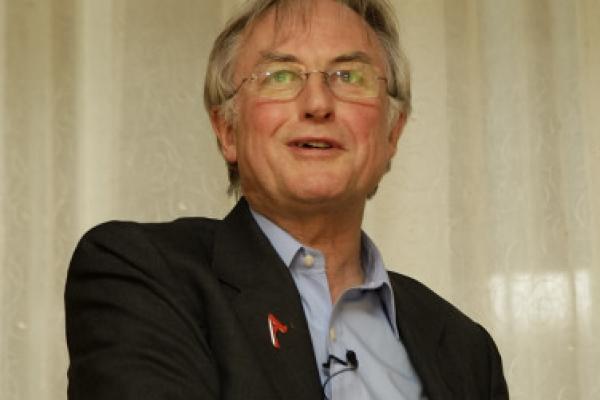It was 2006’s “The God Delusion” that many credit with sparking a growing interest in atheism in the U.S. Along with best-selling books by the other members of the “Four Horsemen” of atheism—the late Christopher Hitchens, Sam Harris, and Daniel Dennett—Dawkins’ rising star mirrored the growth of atheism in the last decade.
In 2012, the Pew Research Center found 5.7 percent of Americans identified as either atheists or agnostics, up from 3.7 percent in 2007.
“Richard Dawkins has done a lot to bring atheism to a whole new generation,” said Phil Zuckerman, a sociology professor who studies atheism and who also credits Dawkins with speaking out against the pedophilia scandal within the Catholic Church. “On the other hand, Dawkins seems to embody everything that people dislike about atheists: He is smug, condescending and emits an unpleasant disdainfulness. He doesn’t ever seem to acknowledge the good aspects of religion, only the bad. In that sense, I think he doesn’t help atheism in the PR department.”
One of Dawkins’ biggest missteps came in 2011, when he blasted Rebecca Watson, a young atheist activist who wrote about feeling sexually harassed at a freethought conference. In a now infamous series of comments posted to the blog Pharyngula, Dawkins wrote in a message titled “Dear Muslima,” “Stop whining, will you? ... For goodness sake grow up, or at least grow a thicker skin.”
Read the Full Article

